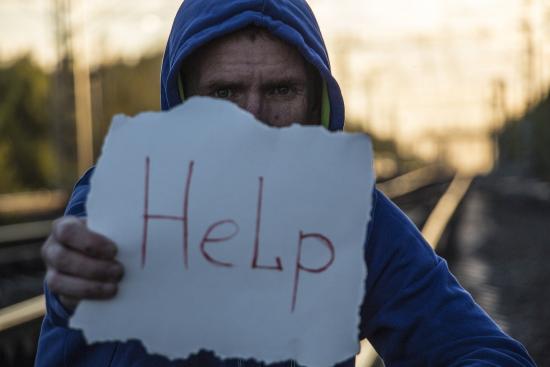 One of the most surprising reveals these past few weeks was Kelly Clarkson’s announcement that she is divorcing. It was surprising because we heard stories of her marital happiness prior to the quarantine. Not that the public really knows what happens behind close doors, but we didn’t see this coming. The news report was that time in quarantine seemed to prompt the split. Apparently, living in close quarter for months did not improve the relationship. Most likely, quarantine brought existing problems to a head.
One of the most surprising reveals these past few weeks was Kelly Clarkson’s announcement that she is divorcing. It was surprising because we heard stories of her marital happiness prior to the quarantine. Not that the public really knows what happens behind close doors, but we didn’t see this coming. The news report was that time in quarantine seemed to prompt the split. Apparently, living in close quarter for months did not improve the relationship. Most likely, quarantine brought existing problems to a head.
Clarkson’s marriage isn’t the only one affected by the pandemic. Couples all over the country are battling it out given they are spending more time and space together. The negative fall out can be polarized on differences, seeing the other as a threat and bickering over who is right and wrong when it comes to responses to the pandemic. Conflict is front and center. But remember, conflict is normal in a relationship and we need to normalize it. And the added stress of confinement creates tension and heightens our emotions. If we don’t have good coping skills, a partner can become the target of growing frustration.
The key is to reduce tension. If you are in a small apartment, working from home or quarantined together, talk about how you feel and what you need. But get to the “why” you feel the way you do. For example, “I am worried you might get sick. Or I can’t handle not seeing our adult children for months.” Whatever is pushing your buttons, identify the why behind the feeling. It’s usually related to a fear or anxious concern.
Once you acknowledge what is motivating the tension, discuss how the two of you can come together not drift apart. , Is there a point of common ground? For example, “We both miss seeing our friends so how can we fill-in that void rather than grouse at each other.”
Next, look at your behavior. Are you trying to be more patient, empathetic and recognize how stress may be impacting you? Have you talked with your partner about how each of you handles stress. This may seem obvious but you would be surprised how unaware partners can be as to the other person’s coping behavior.
Then, listen to how your partner feels. Most of all, don’t criticize differences of opinion. Instead, be open to the fact that they may react to stress very differently than you. With all the extra time together, this may be the first time you really observe how your partner copes and reacts under stress.
Humor goes a long way to cut through tension. Couples who maintain humor usually get through crises. so talk, laugh, cry, share your concerns, but do all of this in ways that respect the other person. Your partner is not your enemy. However, he or she may be an easy target right now for all your confusion and feelings of loss.
Right now, we are all on edge given the uncertainty of the future. A little prevention of stress escalation helps. This is the time for couples to stay grounded in their faith, see partners as allies, exercise care towards each other and work through differences. Even if you had problems prior to confinement, it’s not too late to work on how you handle differences. In my book, We Need to Talk, I walk you through the steps of healthy conflict management. Conflict management is a skill all couples need whether there is a pandemics or not.
When stress intensities, don’t give in to the moment. Things will change again. In the meantime, think about this. There were reasons you chose this person to marry. Can you focus on those reasons? Are you willing to work on your conflict management? Will you turn towards your partner for support rather than away?


